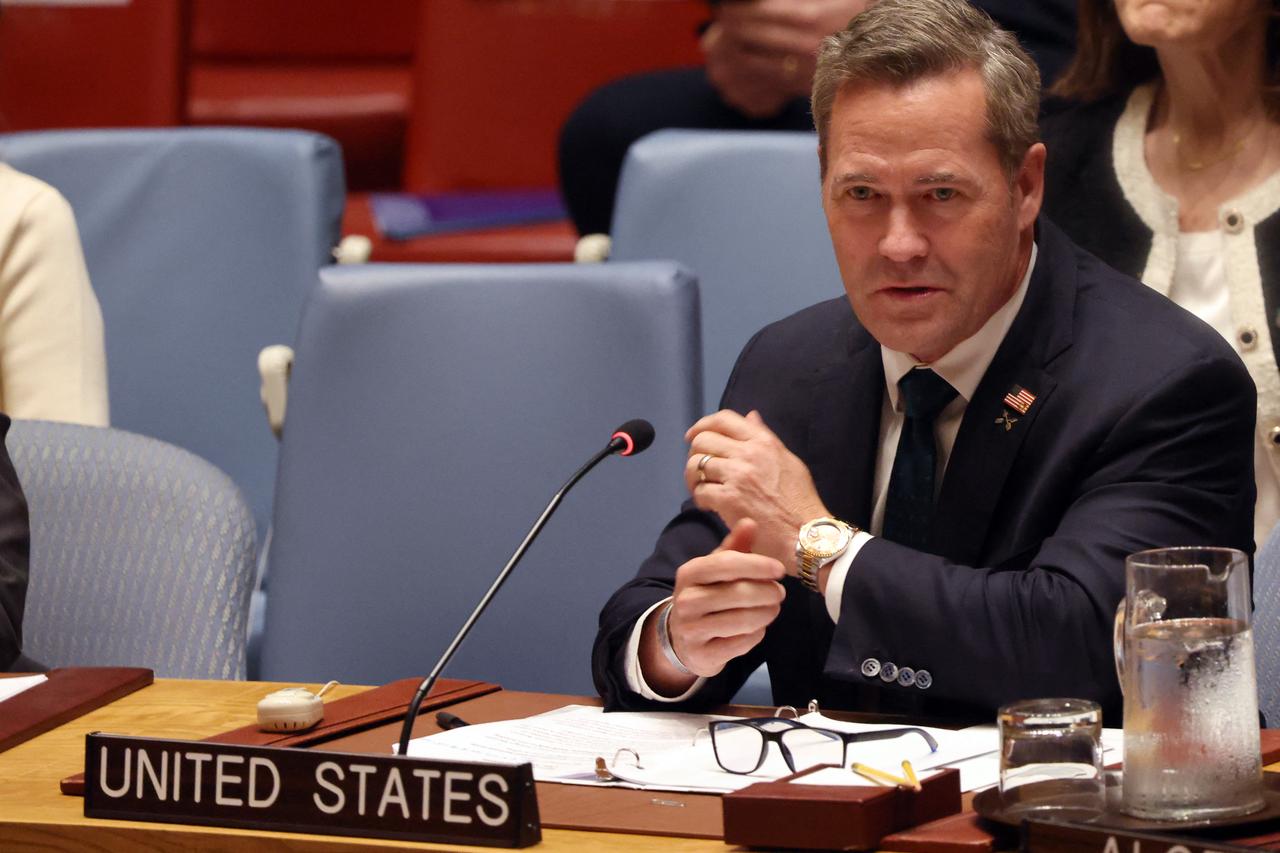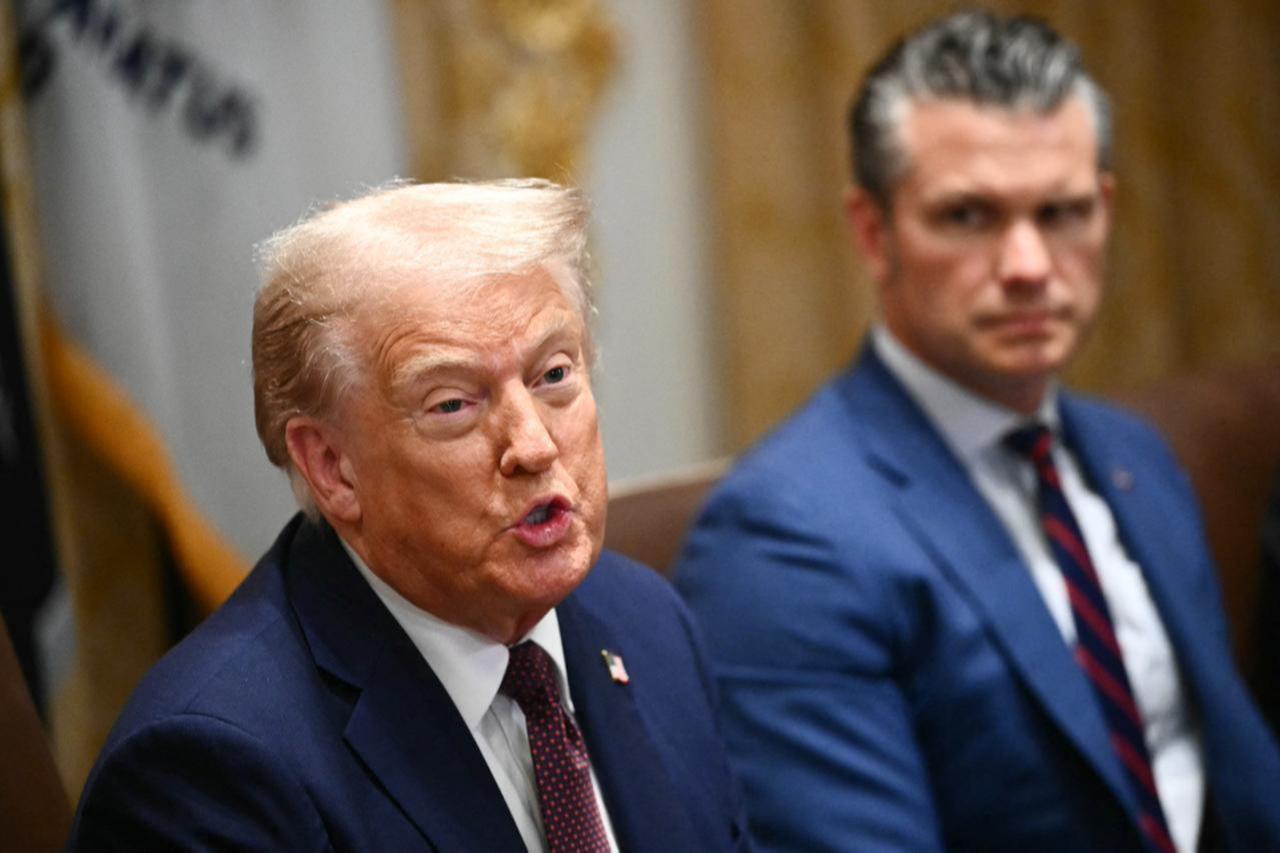
The United States pledged unwavering support for NATO allies Monday as tensions escalated over Russian military aircraft violating Estonian airspace, marking the latest in a series of provocative incursions that have alarmed Western powers.
The diplomatic confrontation stems from Friday's incident when three Russian MiG-31 fighter jets breached Estonian airspace for approximately 12 minutes, prompting NATO forces to scramble interceptor aircraft. Estonia, which joined NATO in 2004, immediately called for the emergency Security Council meeting to address what officials termed Russia's "brazen violation."
The airspace breach triggered a coordinated response from multiple NATO allies. Italian F-35 fighters stationed in the Baltic region as part of NATO's air defense mission, alongside Swedish and Finnish aircraft, were deployed to intercept and warn off the Russian jets.
US Ambassador to the United Nations Mike Waltz used his first address to the UN Security Council to deliver a stern warning to Moscow, declaring that "the United States and our Allies will defend every inch of NATO territory."
"At a time when President Trump and the United States has been focused, and spent an enormous amount of time and effort to end this horrific war between Russia and Ukraine, we expect Russia to seek ways to de-escalate -- not risk expansion," Waltz said in his maiden speech to the Security Council.
Moscow has denied the allegations, continuing a pattern of disputing Western accusations of airspace violations even as such incidents have increased in frequency.
The Estonian incident follows similar provocations elsewhere in Eastern Europe. Earlier this month, NATO member Poland reported that Russian drones had repeatedly violated its airspace during attacks on Ukraine, with Warsaw characterizing the incursions as an "act of aggression."
The repeated airspace violations have raised concerns among Western officials about Russia's intentions and respect for international boundaries. NATO's mutual defense pact, enshrined in Article 5 of the alliance's founding treaty, obligates all members to treat an attack on one as an attack on all.

President Donald Trump, who has maintained a complex relationship with Russian President Vladimir Putin, offered support for the Baltic states and Poland when asked about potential escalation. "Yeah, I would" defend the EU members if Russia intensifies hostilities, Trump told reporters Sunday.
The president's comments came days after he expressed frustration with Putin during a state visit to Britain, saying the Russian leader had "really let me down" by continuing the war in Ukraine, now in its fourth year.
The Baltic states—Estonia, Latvia, and Lithuania—have been particular focal points of concern given their proximity to Russia and shared borders. All three former Soviet republics joined NATO in 2004 and have since relied on the alliance's security guarantees as a deterrent against potential Russian aggression.